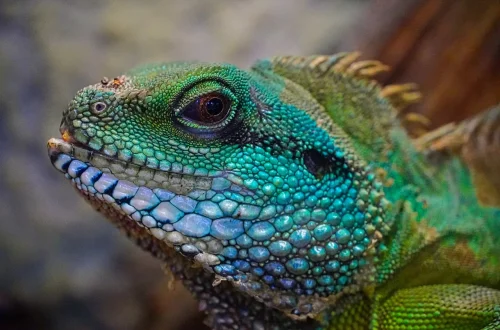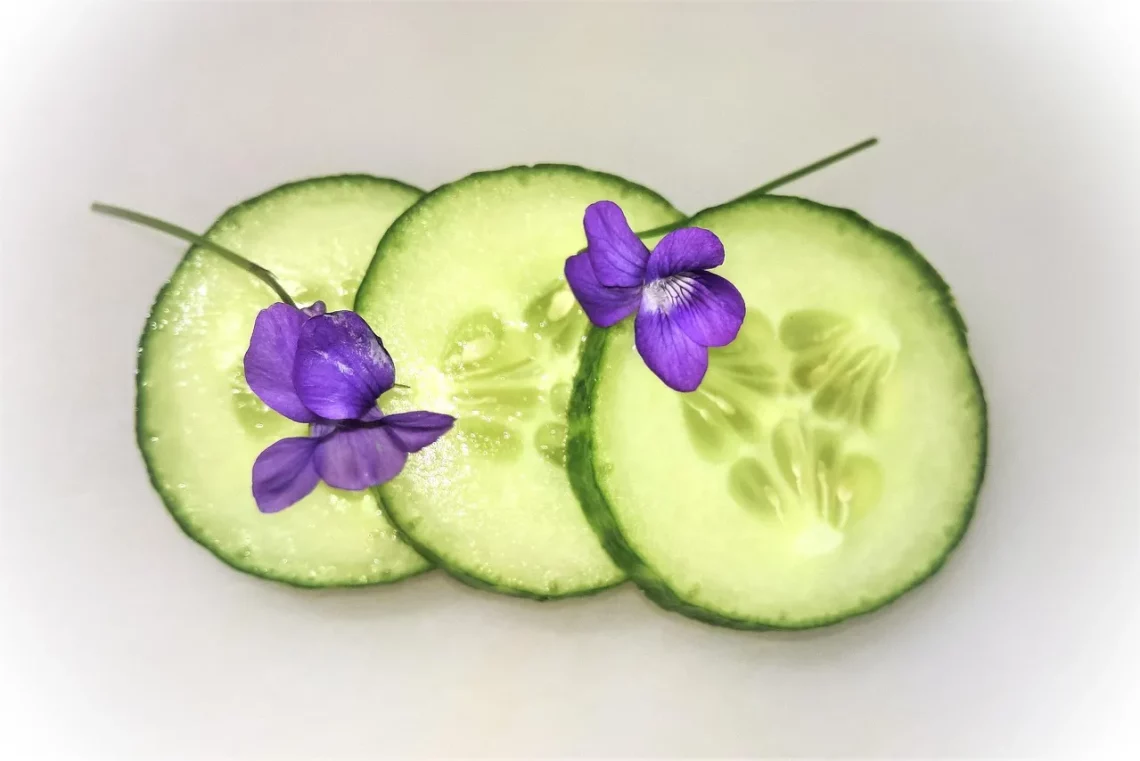-
Understanding Clydesdale Weight and Its Importance for Care and Health
Understanding the weight of a Clydesdale horse is more than just a number on a scale; it is a critical aspect of their overall health and care. Clydesdales, known for their impressive stature and gentle temperament, have specific weight ranges that are indicative of their well-being. Owners and caretakers must understand the implications of weight in terms of nutrition, exercise, and overall care. A horse that is underweight may face serious health issues, while one that is overweight is at risk for a host of complications, including metabolic disorders and joint problems. Weight management in Clydesdales is not merely about aesthetics; it plays a crucial role in their longevity and…
-
How Heavy is a Horse? Understanding Equine Weight and Variability
Understanding the weight of a horse is a fascinating yet often overlooked aspect of equine care and management. Horses, as majestic creatures, come in a wide range of sizes and breeds, each with its unique characteristics. The weight of a horse can significantly vary based on several factors, including breed, age, diet, and overall health. This variability in weight not only affects the horse’s physical capabilities but also plays a crucial role in its care, training, and performance. For horse owners, understanding their equine companions’ weight is essential for various reasons. Accurate weight assessment is vital for determining the correct dosage of medications, ensuring proper nutrition, and managing health concerns…
-
Essential Guide to Creating a Horse Wormer Schedule for Your Horse
Creating a proper wormer schedule for your horse is a crucial aspect of responsible equine care. A well-planned schedule not only helps prevent the onset of parasitic infections but also promotes overall health and well-being. Horses are susceptible to various types of worms, including strongyles, ascarids, and tapeworms, which can significantly affect their performance, appetite, and overall vitality. Regular deworming is essential, but it must be tailored to each individual horse’s lifestyle, age, and specific needs. Understanding the life cycles of these parasites and their potential effects on your horse is the first step in establishing an effective worming regimen. Additionally, factors such as the horse’s living environment, the presence…
-
The Importance of Horse Salt Licks for Equine Health and Nutrition
Horses are magnificent creatures that have been companions to humans for centuries. Their grace, strength, and intelligence make them not only beloved pets but also essential partners in various fields, from agriculture to sports. To ensure that these noble animals thrive, it is crucial to pay attention to their dietary needs. One often-overlooked aspect of equine nutrition is the provision of salt. Salt licks, specifically formulated for horses, play a vital role in maintaining their overall health and well-being. They are not just a treat; they are an essential part of a horse’s dietary requirements, influencing everything from hydration levels to muscle function. Salt plays a fundamental role in regulating…
-
The Essentials of Equine Breeding for Optimal Mount Performance
Breeding horses for optimal performance is an intricate process that requires a deep understanding of genetics, conformation, and the various factors that contribute to a horse’s ability to excel in various disciplines. The world of equine breeding is filled with challenges and opportunities, as every breeder aims to produce the next champion. Each horse is a product of its lineage, environment, and the care it receives throughout its life. With a thorough knowledge of these elements, breeders can make informed decisions that ultimately enhance a horse’s potential. The importance of selecting the right breeding pair cannot be overstated, as combining desirable traits can lead to offspring that embody the best…
-
Can Horses Eat Strawberries? Exploring Safe Treats for Your Equine Friend
Horses have long been cherished companions, known for their strength, grace, and gentle demeanor. Just like any pet owner, horse enthusiasts often seek ways to enhance their horses’ lives, not only through exercise and proper care but also by incorporating safe and enjoyable treats into their diet. As more horse owners look to diversify their equine companions’ snacks, the question arises: can horses eat strawberries? This inquiry opens a broader discussion about horse nutrition and the suitability of various fruits and vegetables as horse treats. Understanding what horses can and cannot eat is essential for maintaining their health. Horses are herbivores with specific dietary needs, primarily consisting of forage like…
-
The Art of Caring for Polo Ponies: A Complete Guide for Enthusiasts
Caring for polo ponies is both an art and a science, requiring dedication, knowledge, and a genuine love for these majestic animals. These ponies are not merely athletes; they are partners in a thrilling sport that demands agility, spirit, and resilience. Understanding their unique needs and behaviors is essential for any enthusiast looking to support their well-being and performance on the field. From their diet to training regimens, every aspect of care contributes to the overall health and success of these incredible equines. As a polo player or owner, one must immerse themselves in the intricacies of equine care, ensuring that their ponies are physically fit and mentally stimulated. The…
-
Can Horses Eat Cucumbers? Discover the Facts and Benefits
Horses are majestic creatures that have been companions to humans for centuries. Their diet is a critical aspect of their overall health, and many horse owners constantly seek out nutritious and safe treats to offer their equine friends. Among the various fruits and vegetables that might come to mind, cucumbers often raise questions. Are they safe for horses? Do they offer any health benefits? Understanding the dietary needs of horses is essential for their well-being, as certain foods can either enhance their diet or pose risks. Cucumbers are widely regarded as a refreshing and hydrating snack for humans, but their suitability for horses is not as commonly discussed. The horse’s…
-
Do Horses Vomit? Understanding Equine Digestive Health
Horses are magnificent creatures with a complex and fascinating physiology. Understanding their digestive health is crucial for any horse owner or enthusiast. Unlike many animals, horses have a unique digestive system that is designed for a diet rich in fiber, primarily from grasses and hay. Their digestive process is continuous, meaning their system is constantly working to break down food and absorb nutrients. This continuous process is essential for maintaining their energy levels, overall health, and performance. One of the more intriguing aspects of equine digestion is their inability to vomit. This characteristic can lead to various health issues if not properly managed. The horse’s stomach has a one-way valve…



































